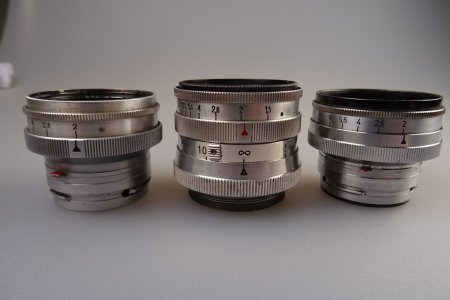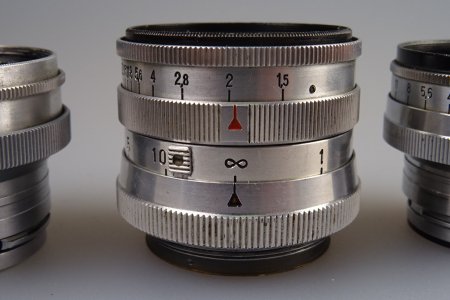simonOWO
Member
Thank you for your impressive work! It helped me a lot.
I just have one question out of curiosity regarding "v5b ZO CR sot": why is the first production lens heavier than all the rest production? As far as I can tell there is no obvious design changes and are all made with brass.
I just have one question out of curiosity regarding "v5b ZO CR sot": why is the first production lens heavier than all the rest production? As far as I can tell there is no obvious design changes and are all made with brass.














